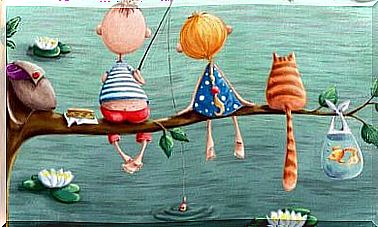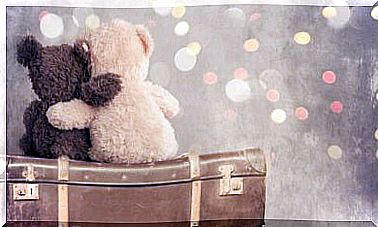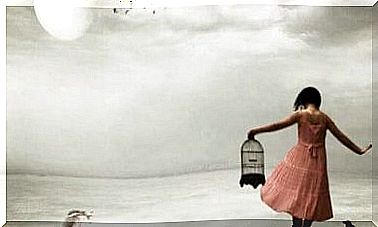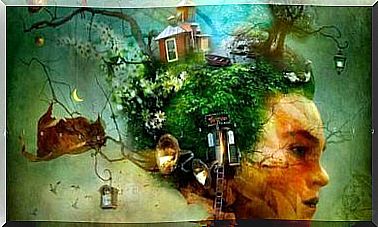Me, Daniel Blake, The Story Of The Common Man
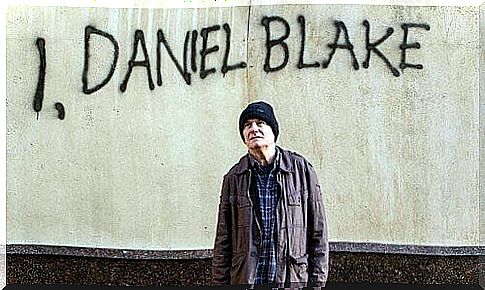
Me, Daniel Blake (2016) is a British film from director Ken Loach, starring lead actors Dave Johns and Hayley Squires. Director Loach is distinguished by a filmography characterized by social dramas, a crude realism with ideological overtones.
Loach’s cinema is nourished by reality and uses audiovisual media with a very specific purpose: to denounce inequalities, contemporary society and the consequences of progress that the media do not show.
At the beginning of the twentieth century, wars, revolutions, the Great Depression, etc., have drawn scenarios that have conquered all the covers of newspapers. The directors thus began to turn their attention to reality, to draw inspiration from newspapers.
Realist cinema is made up of different nuances, it has approached documentary films and in each country it has acquired different connotations. In France, for example, Jean Renoir stands out and in Italy, with neorealism, cinema will have its roots in the post-war period, in a devastated country, which has given us one of the most interesting movements in the history of cinema.
To show reality as it is, without make-up, without ornaments, simply by painting the society of a certain era and certain places. Loach follows in the footsteps of other realist authors and uses his cinema to launch an ideological input and invite reflection on the world around us.
A British naturalist cinema that has given us titles like Riff Raff (1990), The wind that shakes the Barley (2006) or the one about which this article I, Daniel Blake is about.
Me, Daniel Blake: the other side of Europe
Europe, the old continent, a space that hosts a great variety of countries, a multitude of identities and cultures. A place of conquerors, of history, wealth, but also of war and suffering. An idealized place, where Eurocentrism sometimes prevents us from seeing beyond our borders and even from reaching realities that take shape within those borders.
Europe is synonymous with culture, progress, old and new; a continent full of opportunities .. or so it seems. The United Kingdom is a great icon of the European continent, but also of the world. One of those places that we admire from below, whose beauty puts us in the shadows, with its culture… In short, it is the land of Shakespeare, the Beatles and even Harry Potter. What can go wrong there?
Me, Daniel Blake is the story of the common man, of the one who does not stand out, of the neighbor, of the man who goes to earn a living every day. In essence, the European man, or child of the world, from any corner or place survives progress as best he can.
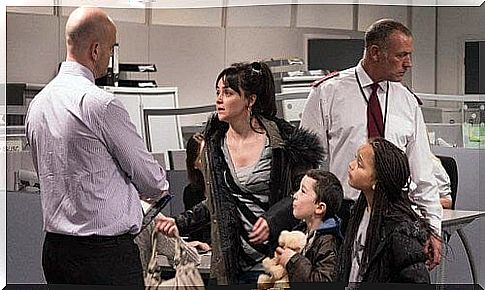
And behind the common man lies the protest, the harsh criticism leveled at governments, the administration, those who should protect us and who, unfortunately, do not. Being productive and consumers: this is what is needed; of people willing to do anything for the company, who never get sick, who have no ties.
What happens when the world changes so much in a short time? What happens to those who are over 50 and find themselves out of work and no longer in health? Daniel Blake is a widowed carpenter who, following a heart attack, is advised by the doctor not to return to work.
Yet, for the state, his illness is not serious enough to grant him the inability to work, so he finds himself looking for a job. Amidst the dense web of bureaucratic quibbles, Blake meets Katie, a young unemployed mother who can barely feed her children. Technological progress and an extremely rigid state will once again make life difficult for the characters.
Reality is what is common
Daniel and Katie’s situation is not the most common, but they are not isolated cases either. Loach aims to show the worst side of society for which the man of today, with a job and a house, often finds himself in a condition of poverty. And here lies the magic of the film, in thinking that it could happen to any of us, that we are all, in a sense, Daniel Blake.
Working and paying taxes, buying a house, having a full fridge: when we are old, we will receive a pension in return. All of this is normal, we take it for granted, at least as long as we have a job. As citizens, we have specific duties to the state, which in return offers us peace of mind and stability.
The state needs us and we need the state. So far, all of this seems like a more than fair exchange. But what happens when we lose our jobs and are forced to fulfill our duties as citizens anyway? How can we pay for a house if we can’t get a full fridge? An asphyxiating situation that pushes Loach to report.
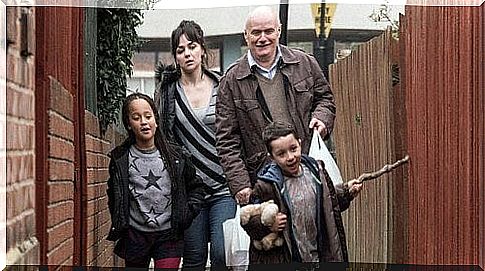
Daniel Blake will be forced to face the bitter bureaucracy, he will have to fight to be able to get out of that situation from which he was overwhelmed. He finds himself in a real dead end, in a dead end street from which it is almost impossible to get out; his health prevents him from working, but without work he will not be able to survive in a society where everything, really everything, can be bought with money.
The film traces the hell of the modern city, the suburbs, the soup kitchens and the marginalization in which some people find themselves. And, in this case, far from wanting to paint the stereotype of minorities, the director portrays the average man, the British man whose luck seems to have abandoned him.
Here, starting from normality, from the name of the person referred to in the title of the film, makes us partakers of suffering, and leads us to reflect on our own role in society.
Daniel Blake, a real character
His name, that name that we already discover from the title, that name so real and so common, Daniel Blake, is the key point of the complaint, he is the victim of the government. A victim who could be our father, our grandfather, our uncle or even ourselves. Daniel Blake is a man of about 50, born in the twentieth century, when smartphones did not yet exist and the word “internet” was unknown.
The world has made great strides, discarded paper and replaced it with monitors. Daniel is left behind, he is unable to use the computer and no one can save him. If he doesn’t fill out the forms, he won’t be able to get out of his prison, but the digital divide knows nothing of despair. Evil is embodied by the government, the victims are the citizens it has not been able (or wanted) to protect.
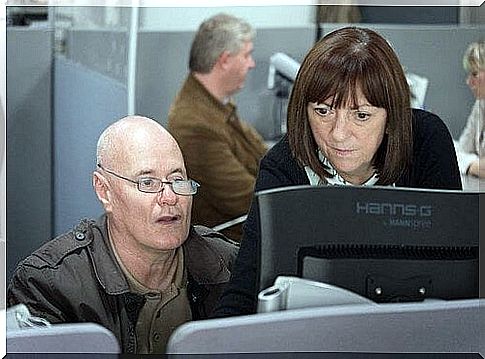
A panorama known to all of us will be the fulcrum of the denunciation, contemporary cities are the locus terribilis in which ordinary citizens suffer the cruelty of their governments. The portrait of the impassive official who does his job because he has no alternative; the man stuck in the world of unemployment, disease and poverty. All this earned the film the approval of public opinion and critics, as well as the Palme d’Or at the prestigious Cannes Film Festival.
In short, the reflection it leads us to never touches indifference: we can all be Daniel Blake. We are all, involuntarily, part of a system that is blind and deaf to our needs, and which will not hesitate to abandon us the moment we are no longer needed, regardless of the reason.
There is no interest in middle-aged men with an illness, in single mothers, in personal obstacles or in private life. The only thing that matters is being productive. If you don’t stay afloat, you are lost; if you stay behind, starting over will be difficult.
A bleak situation, perhaps too disheartening, but real ; made of a real name and a real identity. This is Loach’s portrait in I, Daniel Blake.

